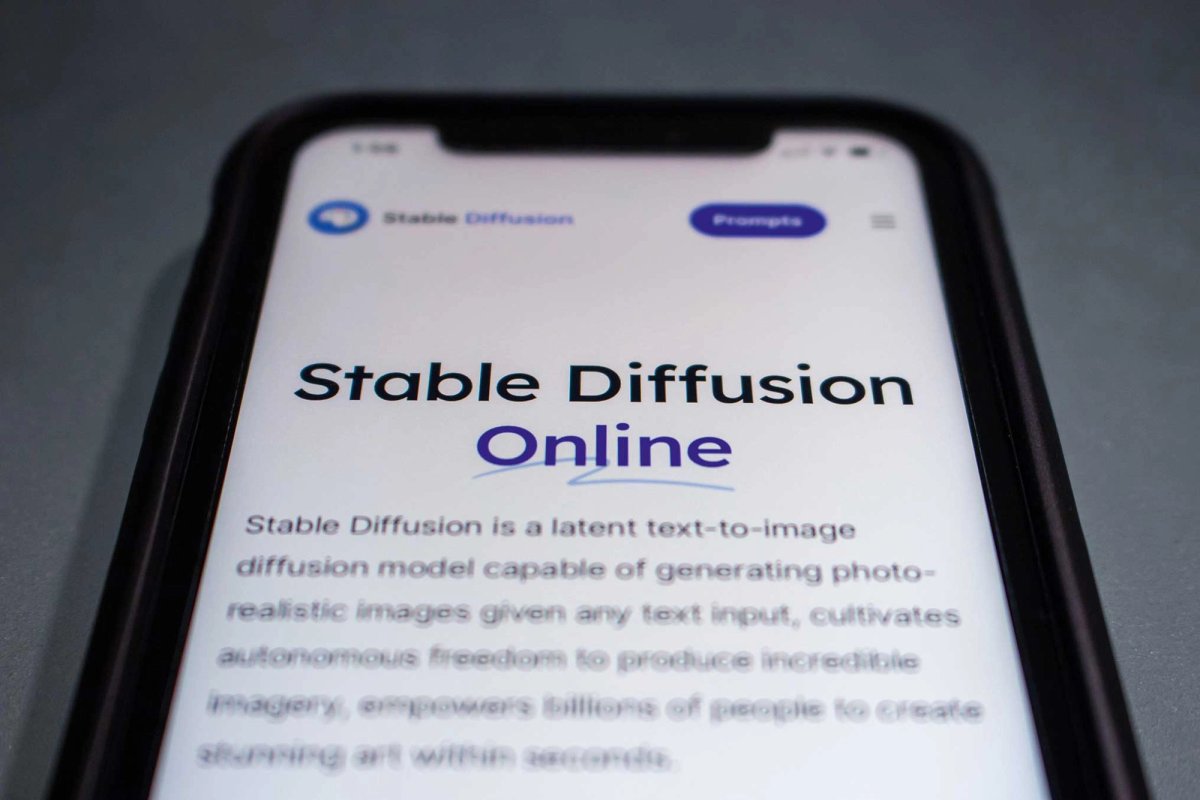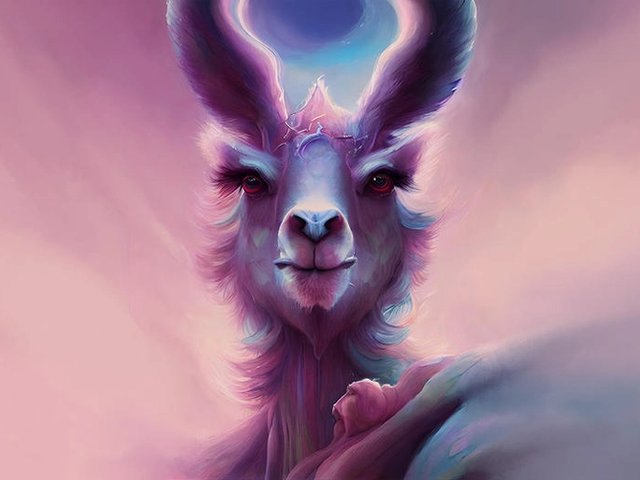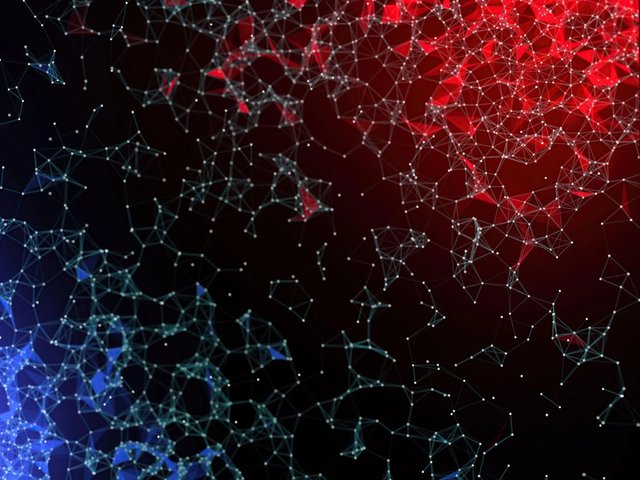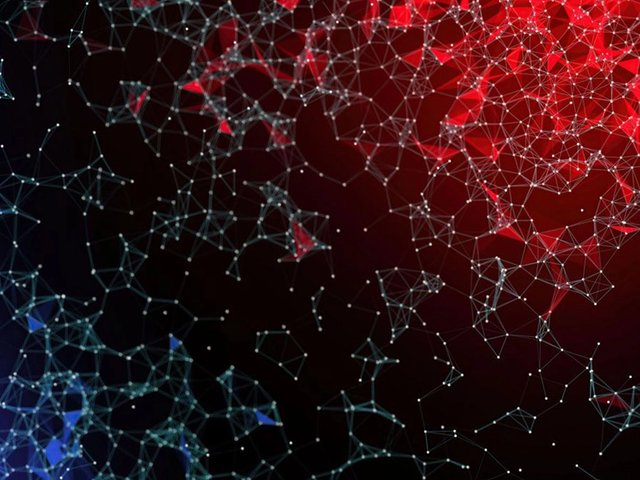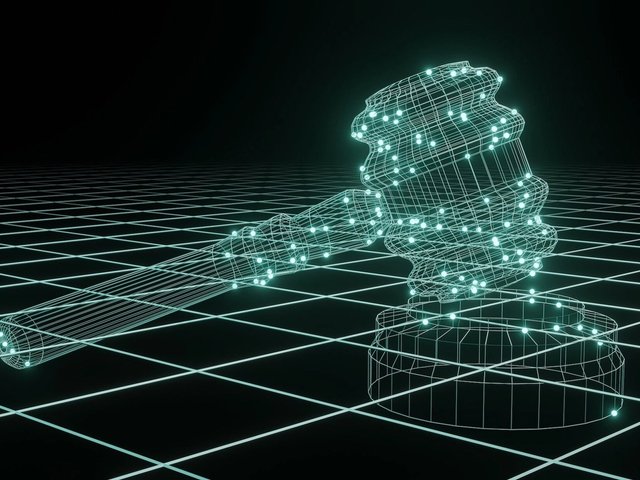The use of artificial intelligence (AI) in art faces several legal challenges, the most recent being a class-action lawsuit brought by the artists Sarah Andersen, Kelly McKernan and Karla Ortiz, accusing the London-based company Stability AI Ltd and its US affiliate Stability AI, Inc with
copyright infringement.
The lawsuit, filed in a US District Court in San Francisco on 13 January, charges Stability AI with creating AI software called Stable Diffusion that has downloaded perhaps millions of copyrighted images from various sources on the internet (the term used in the complaint is “web scraping”), storing them as compressed (or “diffused”) copies and made available to other online companies, Midjourney and Deviant Art, both of which are also named in the lawsuit. Those companies’ users can alter the originals through what the complaint describes as the software’s “complex collage tool” to produce adapted images that may be put up for sale. “These ‘new’ images are based entirely on” the copyrighted images found on the web “and are derivative works”, the complaint alleges.
Passing resemblance
“Only the owner of copyright in a work has the right to prepare, or to authorise someone else to create, an adaptation of that work,” according to the US Copyright Office. “In any case where a copyrighted work is used without the permission of the copyright owner, copyright protection will not extend to any part of the work in which such material has been used unlawfully. The unauthorised adaptation of a work may constitute copyright infringement.”
Matthew Butterick, one of the lawyers representing the artists in the class-action lawsuit, claims that the derivative works created from the copyrighted images “may or may not outwardly resemble” the originals. “Nevertheless, they are derived from copies of the [underlying] images, and compete with them in the marketplace. At minimum, Stable Diffusion’s ability to flood the market with an essentially unlimited number of infringing images will inflict permanent damage on the market for art and artists.”
A separate copyright infringement lawsuit has been filed in London against Stability AI by Getty Images, the visual media company and supplier of stock images, editorial photography, video and music for business and consumers, which has a library of more than 477 million assets. A spokesperson for Getty Media claims in a statement that Stability AI “chose to ignore viable licensing options and long-standing legal protections in pursuit of their standalone commercial interests”.
A spokesperson for Stability AI says that “we take these matters seriously. The allegations represent a misunderstanding about how our technology works and the law”.
What is and is not permitted in the re-use of copyrighted material, however, is not wholly settled, according to New York lawyer Megan Noh. “Fair use”, one of the exceptions to copyright infringement, is “a critical developing area, with AI applications giving rise to novel application of the [copyright law’s] multi-factor test—including the question of ‘transformativeness’ (which is in flux pending the Supreme Court’s ruling in the [Andy] Warhol Foundation v [Lynn] Goldsmith case) and the impact of AI-generated art on the potential market for the works from which it’s derived.”
Creation vs generation
The US Copyright Office has given the only firm decision in this arena, refusing to award copyright registration to pieces generated—the word “created” is not used—through AI. Those who develop AI programmes that produce works of art have sought a rethinking of this issue by the Copyright Office, according to Joshua Kaufman, a partner in the Washington, DC-based law firm Venable. He says that, without a registration, under the current law, it would be extremely difficult for these developers to protect the images generated by their AI programmes from anyone seeking to copy these works. “The AI creators who want copyright protection are arguing that since corporations can own copyrights, and they are not human beings, under the work-for-hire doctrine they are considered the creator, so it could be argued that AI-created works should be afforded the same protection,” he says.
In the art world, much as in the wider discourse, AI is currently the dominant Rorschach test, with some seeing only landmines while others see opportunities. The New York lawyer Amelia K. Brankov says there are fears “that AI-generated art could affect the livelihood of artists such as illustrators and graphic artists that rely on a steady stream of commissioned work, as their clients might want to save costs and try using an AI-image generator instead of commissioning new work from an artist. On the flip side, some artists are embracing the technology and incorporating it into their practice and are trying to understand their rights and obligations with respect to the AI-generated output.”


